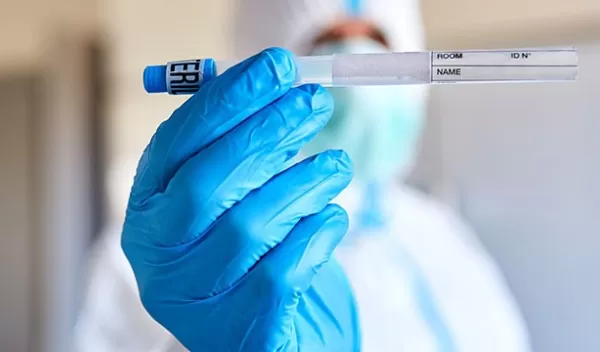
Researchers developing one-step COVID-19 diagnostic tool
Synthetic biologists at Northwestern University have received funding to develop an easy-to-use, quick-screen technology that can test for infectious diseases, including COVID-19.
Like a pregnancy test, the tool uses one sample to provide an easy-to-read negative or positive result. By simplifying testing, the researchers could put diagnostics into the hands of people everywhere -- without the need for expensive laboratories or expertise -- possibly providing the large-scale testing required for ending stay-at-home orders, reopening the economy or preparing for a predicted virus resurgence in the fall.
The team is working to develop and optimize the test so that it will take a single step to perform, provide a result in less than an hour, and cost less than a dollar to manufacture. The project received a rapid response research grant from the National Science Foundation.
"The current COVID-19 pandemic highlights the limitations of laboratory-based testing," said Julius Lucks, the principal investigator on the project. "Those tests have not scaled with the sudden and dramatic increase of needed volume."
They require too much equipment, time, expertise and infrastructure, Lucks said, resulting in major logistical challenges and, ultimately, inadequate testing. "It's become clear that we need to dramatically increase the scale of testing to safely restart the economy," he said, "as well as provide critical information if the virus resurges."
Added David Rockcliffe, a program director in NSF's Division of Molecular and Cellular Biosciences, "The power of this method lies in the fact that it is amenable to adaptation and reprograming to detect new emerging pathogens, and to provide an early rapid testing capability as the first line of defense in the onset of a future outbreak."
